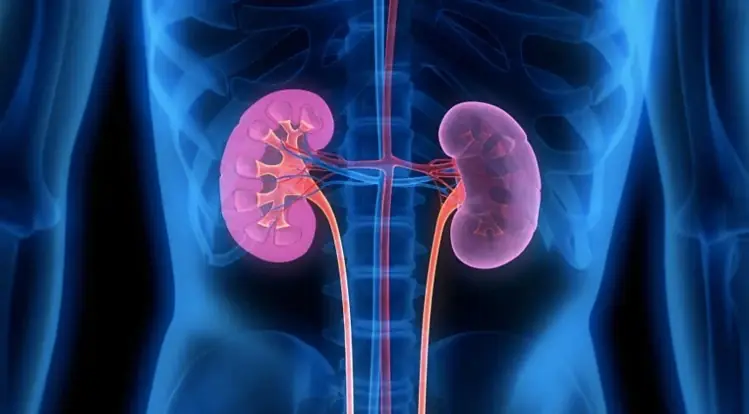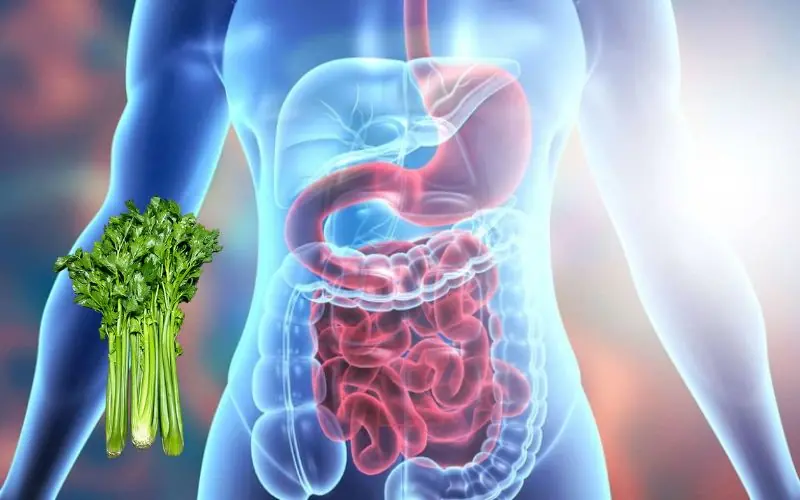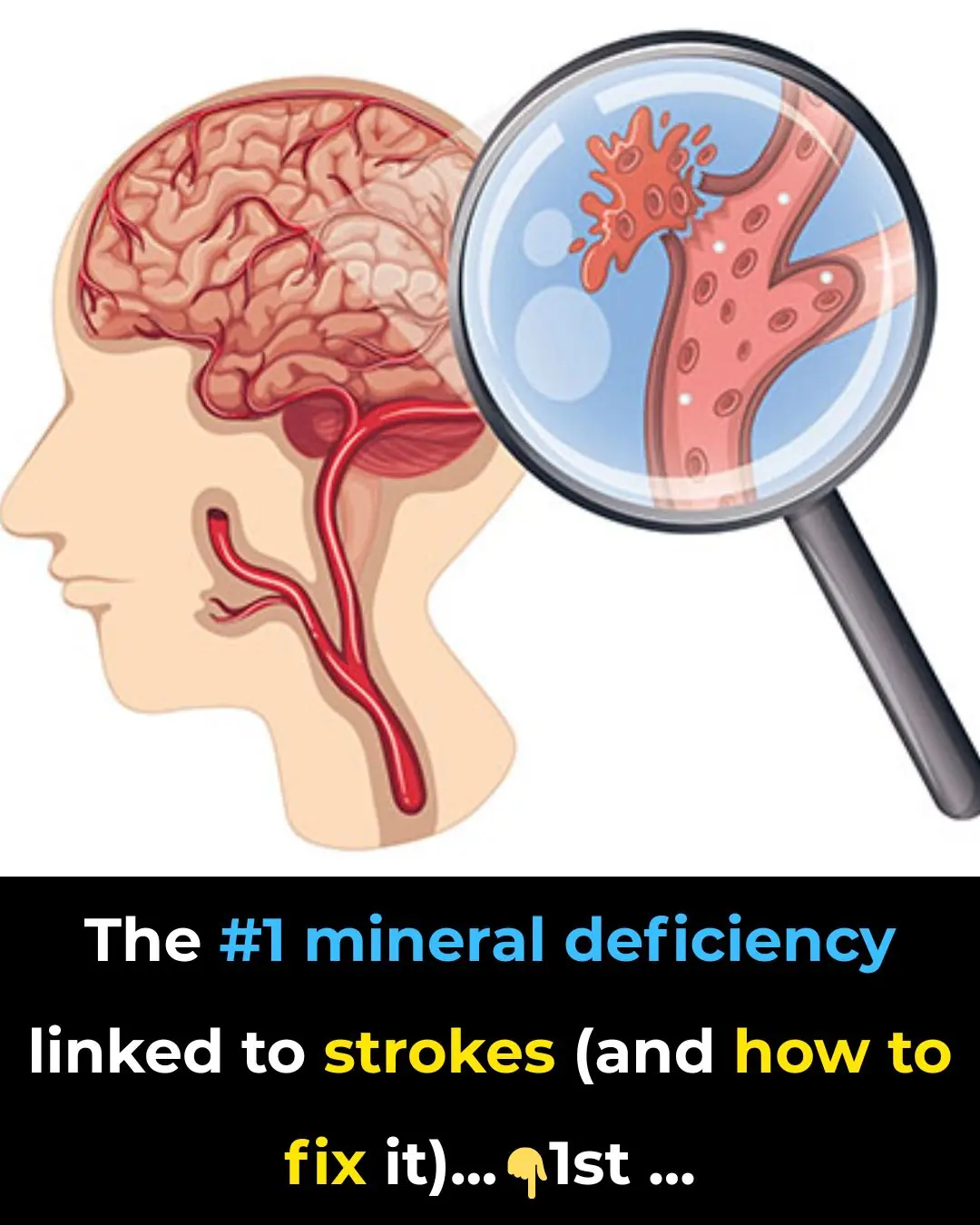
Is Cancer Hereditary? Useful Advice to Prevent the Growth of Cancer Cells
Cancer has become one of the most feared diseases in the modern world. Every year, millions of people are diagnosed with different forms of cancer, and the question many people ask is: “Is cancer hereditary?” In other words, can cancer be passed down from parents to children through genes? Understanding this issue is essential not only for those who have a family history of cancer but also for everyone who wishes to protect their health and prevent the disease from developing.
Firstly, it is important to clarify that not all cancers are hereditary. In fact, only about 5–10% of cancers are directly linked to inherited gene mutations. These mutations can be passed from one generation to another, increasing the likelihood that a person may develop cancer. For example, mutations in the BRCA1 and BRCA2 genes are known to raise the risk of breast and ovarian cancer in women. Similarly, mutations in the TP53 gene can increase the risk of several types of cancers, including lung and colon cancer. However, the vast majority of cancers—around 90–95%—are caused by environmental factors and lifestyle habits rather than genetic inheritance.
Even if someone has a family history of cancer, it does not mean that they are destined to get the disease. Genes may load the gun, but lifestyle pulls the trigger. This means that while a person may carry certain genetic risks, their daily choices—such as diet, physical activity, and exposure to harmful substances—play a much larger role in determining whether those genes will actually lead to cancer.
To reduce the risk of cancer and prevent the growth of potential cancer cells, several practical measures can be taken. The first and most important step is maintaining a healthy diet. Eating plenty of fruits, vegetables, whole grains, and foods rich in antioxidants helps protect the body from harmful free radicals. Limiting processed foods, red meat, and foods high in sugar or unhealthy fats can also lower the risk significantly.
Regular physical activity is another key factor. Exercise not only helps control body weight but also strengthens the immune system and reduces inflammation, both of which are crucial for preventing cancer. Experts recommend at least 30 minutes of moderate exercise five days a week.
Avoiding tobacco and limiting alcohol consumption are also vital. Tobacco is one of the leading causes of cancer, especially lung cancer, and even passive smoking can be dangerous. Alcohol, when consumed excessively, can damage the liver and other organs, increasing cancer risk over time.
In addition, regular medical check-ups and screenings are essential for early detection. Detecting abnormal cell growth at an early stage can save lives because many cancers can be successfully treated if found soon enough. People with a family history of cancer should consult a genetic counselor to understand their risks and get personalized advice.
Lastly, managing stress and maintaining a positive mental state are often overlooked but equally important. Chronic stress can weaken the immune system, making it harder for the body to fight off abnormal cells. Engaging in relaxation techniques like meditation, yoga, or spending time in nature can promote both mental and physical health.
In conclusion, while certain types of cancer can indeed be hereditary, most cases are the result of lifestyle and environmental factors. The good news is that everyone has the power to make healthy choices that can significantly lower their risk. By eating well, staying active, avoiding harmful substances, getting regular check-ups, and taking care of mental health, we can all play an active role in preventing cancer and living a longer, healthier life.
News in the same category


Dead Butt Syndrome Is Real

A 3-Year-Old Girl Bit a Thermometer and Swallowed Mercury: A Mother’s Smart Reaction Saved Her Daughter’s Life and Earned the Doctor’s Praise

5 Signs of Kidney Failure That, If Ignored, Could Lead to a Lifetime of Dialysis

4 types of people who should avoid eating cucumbers

10 Warning Signs It’s Time to Cut Back on Caffeine

Legs Feeling Weak? These 3 Drinks Can Bring Back Your Strength

Mix These 3 Before Bed — They Help Heal Your Arteries While You Sleep

Stop Sleeping Like This — It’s Ruining Your Spine!

Eat Celery Regularly for a Healthier Digestive System and Lower Blood Sugar Levels

Stop Throwing Away Avocado Seeds: They’re Potent Cancer Fighters!

Why You Should Drink THIS Warm Turmeric Water In The Morning

Does The Inside Of Your Ear Itch

The #1 mineral deficiency linked to strokes (and how to fix it)

Top 8 vitamins that boost testosterone

Is Broccoli Better Than Cauliflower? The Real Truth About Cancer Risk, Heart Health and More

Eat 3 dates daily and these 6 things will happen to your body!

What Your Belly Is Trying to Tell You
News Post

Vitamin E Benefits For Hair

Add these tablets in your oil, no hair fall and fast hair growth

The Natural Anti-Aging Duo: How Rice and Almond Oil Can Help Smooth Wrinkles and Rejuvenate Your Skin

Popular Blood Pressure Drug Linked To Increased Risk of Skin And Lip Cancer

When making spring roll filling, remember 1 step carefully

Washing and conditioning hair with beer helps reduce hair loss and stimulates continuous hair growth

Soak your whole body with warm ginger water before going to bed.

Discover the Meaning of a Black Cat Approaching You

Add ice cubes to the bone broth

11 Benefits of Dandelion Roots

#1 Absolute Best Toenail Fungus Cure You Can Make at Home with Just 3 Ingredients

Banana Peel & Cornstarch: A Natural Skin Hack That Could Help You Look Younger

Homemade Remedies for Varicose Veins with Onion, Garlic, and Apple Cider Vinegar

Crema Casera con Vaselina que Rejuvenece la Piel al Instante

Top 5 Natural Remedies to Shrink Enlarged Pores and Achieve Smooth Skin

DIY Onion Sunflower Seed Oil: Get New Hair In Bald Patches

Homemade Carrot Oil for Glowing Skin: A Natural Solution for Dark Spots, Wrinkles & Anti-Aging

Glow Ice: Rice Water Cubes to Shrink Pores and Get Clear, Radiant Skin

The Body’s Intuition: Signs of an Impending End
